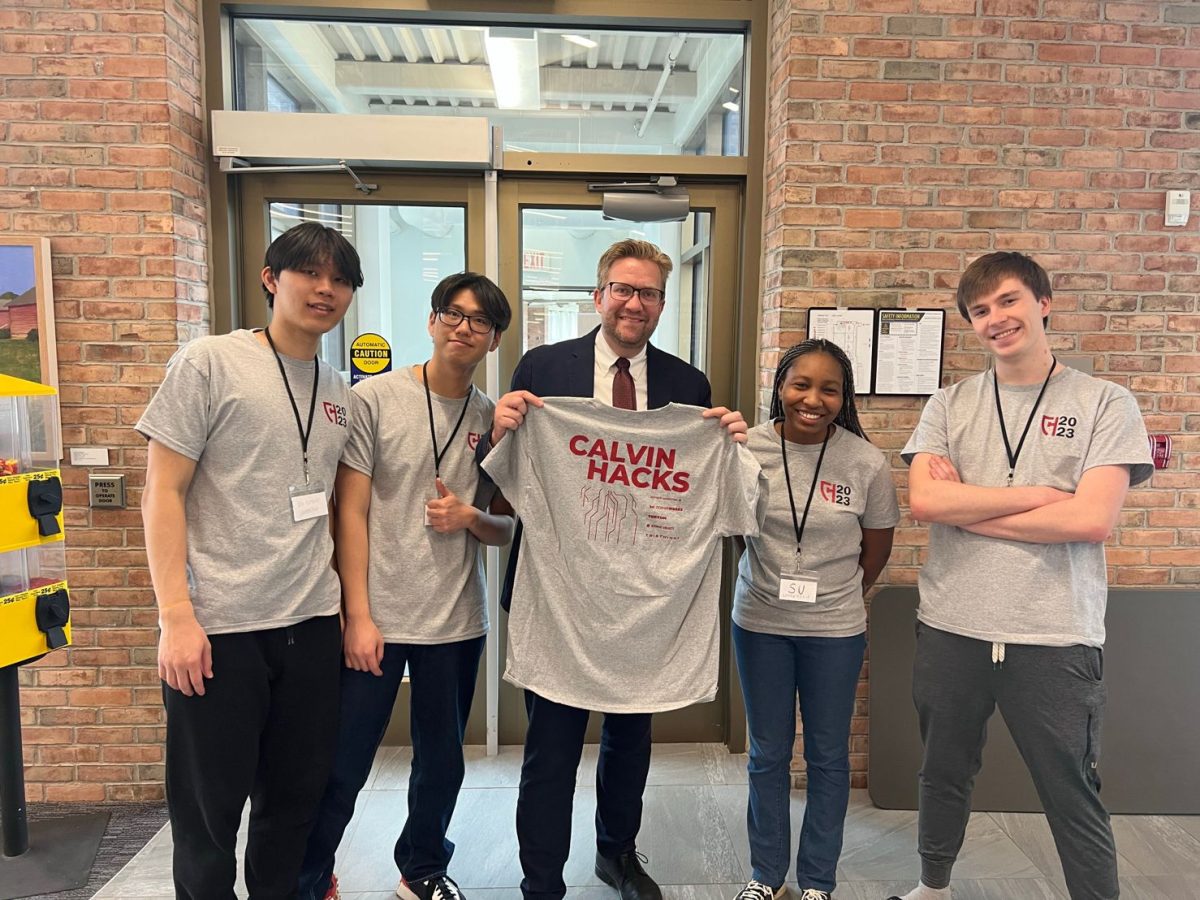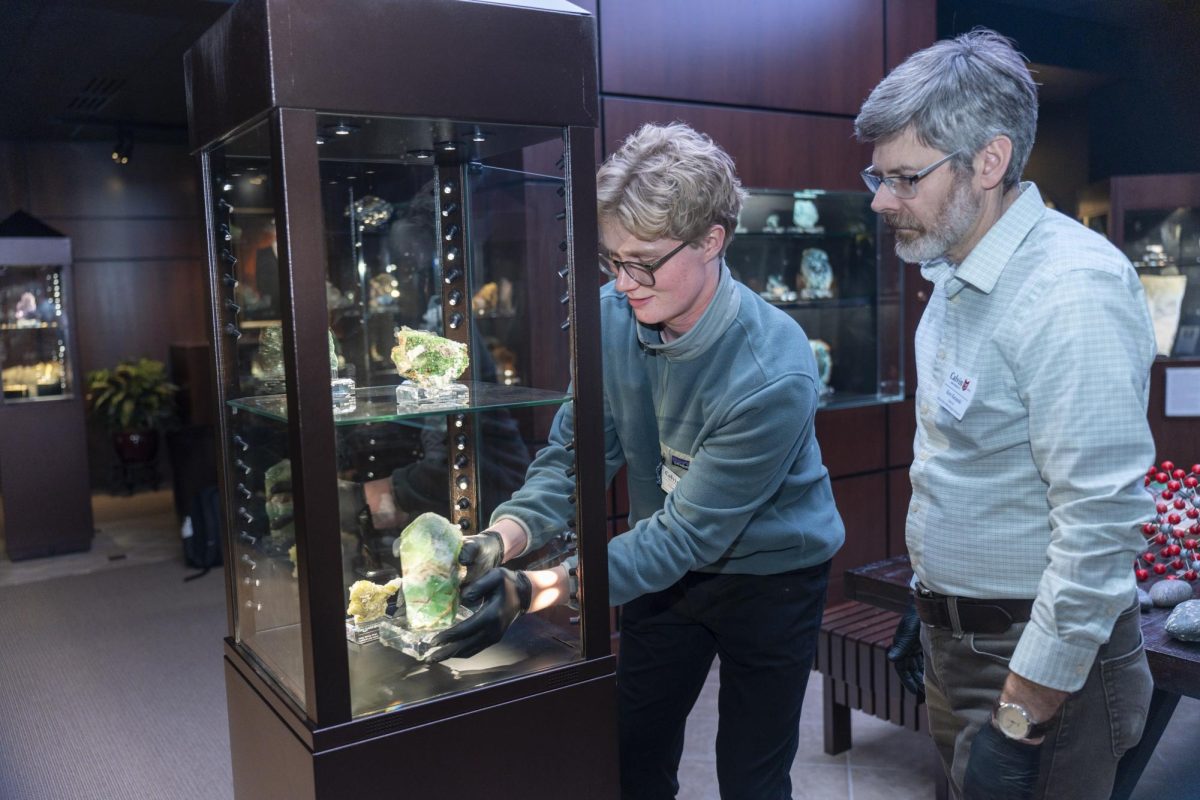Most people who have been living around the Great Lakes or the Mississippi waterways for the last few years know that we have a major threat living in our water. This threat revolves around the Asian carp, originally introduced to provide a way to filter and clean agriculture and waste water retention ponds.
Due to flooding the fish managed to escaped into the local water systems and the same traits that had made them good for cleaning retention ponds resulted in devastating effects on local ecology. What makes Asian carp most dangerous to native American water ecology is that the large adults can grow to be as big as 110 pounds. They also lack natural predators, making them very difficult to eradicate.
While the Asian carp has not been confirmed to have an established population yet in the Great Lakes, the threat grows each year as they work their way up stream.
Many issues and questions revolve around the Asian carp. The biggest of which for many environmentalists is: What can be done to stop the Asian carp from entering and threatening the Great Lakes?
Many different proposals have been made; the most bold of which is to block off a 100 year waterway through Chicago. Closing this waterway would sever Lake Michigan and the rest of the Great Lakes’ connection to the Mississippi waterways. The catch is that this waterway is a major part of shipping economy.
Also weighing in on the side of the economy is the opening of a new plant by the Illinois Department of Commerce for $2 million to capitalize on selling “wild-caught upper Mississippi carp” to Asian markets. This addition of the Asian carp to the economy of the waterways worries many who are anti-carp because they fear it may become a component of the economy that will be hard to remove.
These issues have not gone unnoticed in the past in DC. Four years ago, Obama set up a plan to work on Great Lakes restoration that put aside $5 billion to be used over a ten year period. Obama has also issued orders for the Army Corps of Engineers to conduct research and recently encouraged them to speed up the process. However, any additional action from Washington D.C. looks grim as politicians wait on a report from the Army Corps.
The current issues of the Asian carp problem were brought before both of our presidential candidates last week in response to renewed efforts by over 100 environmental groups. Obama sent a representative to reiterate that he has supported environmentalist efforts in the past and that “the president is taking the issue seriously”, but is waiting on the Army Corps report to “make an informed decision about how best to proceed.”
Romney initially sent nothing at all. Later a spokesperson addressed the issue saying that “Governor Romney is deeply concerned about the threat posed to the lakes by invasive species from the Mississippi River basin” and is troubled that Obama’s plan has taken so long, saying that “America put a man on the moon in less time than that.”
On other issues of environmental concern there is much more contrast and clarity between the presidential candidates. On the issue of whether or not to drill in the Arctic National Wildlife Refuge (ANWR), Obama, in 2007, said, “I strongly reject drilling in the Arctic National Wildlife Refuge,” citing that it would damage the ANWR and not provide a solution to United States energy security.
The most recent statement by Romney regarding ANWR, dating from March 2012, stated, “I understand the Alaska pipeline is running less than one-third full. As President, I would push to open new opportunities.”
A similar divide exists on other environmental issues with Obama in support of the Clean Air Act and human environmental responsibility, and Romney in favor of reducing EPA control on carbon emissions. Romney stated that “the reduction in the size of global ice caps is hard to ignore,” also saying, “We shouldn’t put ourselves in a disadvantageous position that penalizes American jobs and economic growth.”






